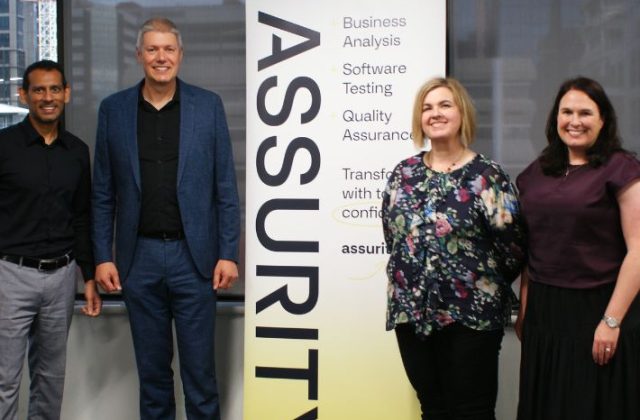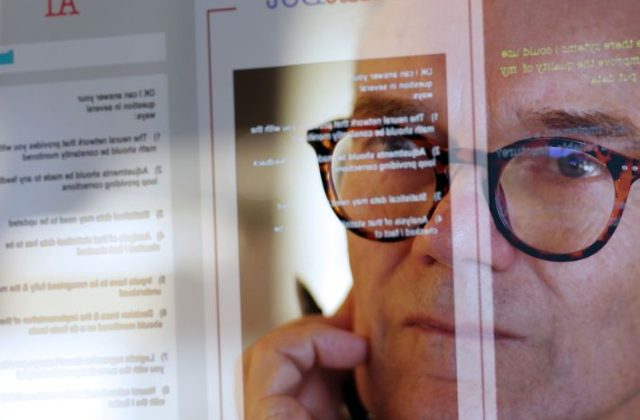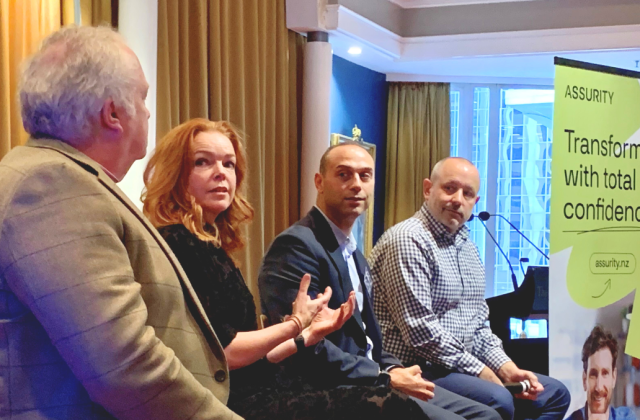Date: 27 September 2019
Having worked in large corporates in New Zealand and overseas, I can’t help wonder if the ‘NZ way of working’ and ‘Business Agility’ are not that different. So I thought I’d look at the overlaps and differences to test the hypothesis ‘Are Kiwis naturally Agile?’ or to borrow a phrase ‘Can you really teach Kiwis to fly?’.
NZ Government defines the ‘NZ way of working’ under four key concepts. Hopefully, some of these are familiar.
A ‘can do’ attitude
As an isolated country of pioneers, Kiwis have a pragmatic reputation for ‘giving it a go’ – using what you have and experimenting to make it work – often referred to as the ‘number eight wire approach’.
Smaller scale, greater involvement
The simple nature of our smaller-sized companies with fewer organisational layers allow us to be closer to the senior people – and therefore able to influence decisions and direction. This also breeds less specialisation and a broader understanding of what’s happening around us.
Unstructured, independent working
We value independence and place less importance on status, rank and hierarchy than many other cultures. This allows people to work across the organisation more freely. Finding a way to solve a problem will often mean engaging directly with other parts of the business.
Working together
Kiwis create social workplaces as they realise that, with smaller teams, it’s critical to get along in order to do business. Cross-functional networks inside an organisation are critical. There is also a focus on networks and contacts in the wider environment which can be used for customer insights and working partnerships.
So how does this prepare us Kiwis for a transition to Agile ways of working? Well, first, I believe that Business Agility is more about mindset, culture and a philosophical approach than rituals and tools. So, I’ll use the lenses of Modern Agile.
Experiment and learn rapidly
Clearly this is core to many companies already and not something that needs to be taught, but merely coordinated. Kiwi culture tends to embrace a ‘test and learn’ philosophy and organisations that introduce experimentation models often discover that they are simply creating a lens to provide transparency to what’s already happening. But we Kiwis need rigour around time-boxing experiments, setting clear objectives, making them transparent and learning from them. We have an annoying habit of keeping them on as new practices without properly strengthening/scaling them and this is incredibly risky.
Learning – structure experimentation and ensure that success is strengthened and scaled.
Make people awesome
This mantra is about focusing on happy staff and happy customers, as the two tend to reinforce each other and ultimately deliver business value. Kiwi businesses can sit at both ends of the spectrum, but one thing that stands out for me in NZ is that ‘authenticity is king’. Because of the high social flows and closeness of staff to decision makers, NZ businesses fail when the people focus lacks authenticity. So this needs to be a CEO and board-led value, talked about at investor briefings, or it’s doomed to failure once a short-term revenue gap opens and the real priorities become clear.
Learning – be authentic by setting the values from the very top.
Make safety a prerequisite
This is another area where Kiwis’ businesses may face different challenges.
First, the ‘can do’ attitude is a positive one that permeates management and, as such, there is an unspoken allowance to ‘ask for forgiveness, not permission’. The problem is that it’s often unspoken so the risk is still with the employee.
Secondly, NZ is a small place and your reputation is hard to escape, so ‘safe to fail’ is an immensely important concept, as blame may follow your entire career.
Finally, as social creatures who bring ourselves to work, NZers find it very hard not to take things personally and, as a result, we’re often too soft on each other and blameless retrospectives can deteriorate into mutual admiration sessions. An environment of openness (good and bad) is a prerequisite where Kiwi culture may be detrimental. Kiwis need to be taught to ‘ask for feedback’ and ‘give it in a blameless way’.
Learning – Prescribe safety, encourage and nurture feedback and the resilience required to embrace it.
Deliver value continuously
When we talk about achieving flow in organisations, we need to move to a cadence that is strong but sustainable, and this requires all individuals to contribute at a good rate, a strong understanding of each other, sharing strengths and weaknesses and balancing work out amongst the team. Unfortunately, the key to this relies on a robust, prioritised backlog and a clear understanding of what’s achievable.
Kiwi culture has two key issues here.
1) A ‘can do’ attitude can become an overcommit or an unsustainable pace, destroying the flow that you are trying to build.
2) Organisational leaders who have historically been close (socially and geographically) to the teams can be tempted to dive in and ask for a favour or dynamically reprioritise the backlog. Therefore, ‘brave’ leadership that nurtures, rather than disrupts, is critical. Some leaders may seek to fully insulate their teams, but personally I believe this goes too far. Cross-organisation communication is one of the things that makes NZ companies great. We have to be careful that Agile isn’t an excuse for creating new silos.
Learning – Encourage commitments that stretch without overburdening. Strong focus on building ‘brave’ leadership and why.
So, my belief is that Kiwis should be culturally predisposed to the principles of Agile. Helping them adapt to Agile ways of working shouldn’t be that painful – at least on paper. The continuous experimentation mindset and natural social collaboration makes for a naturally adaptive climate and Kiwis will generally be willing to give it a go. But don’t underplay the disruptive forces at play either.
Leadership from the very top needs to be ‘brave’, willing to dive into the unknown with their teams, take a risk that they know their customers and will do what is right. In many instances, this means getting out of the way to allow change and empowerment to flourish. To recognise where culture, leaders and traditional organisational rituals like internal funding and strategic planning cycles are actually impediments to change and to work on evolving them. They also need to encourage open and honest communication and authentic behaviours across the organisation and be willing to fail and learn.












